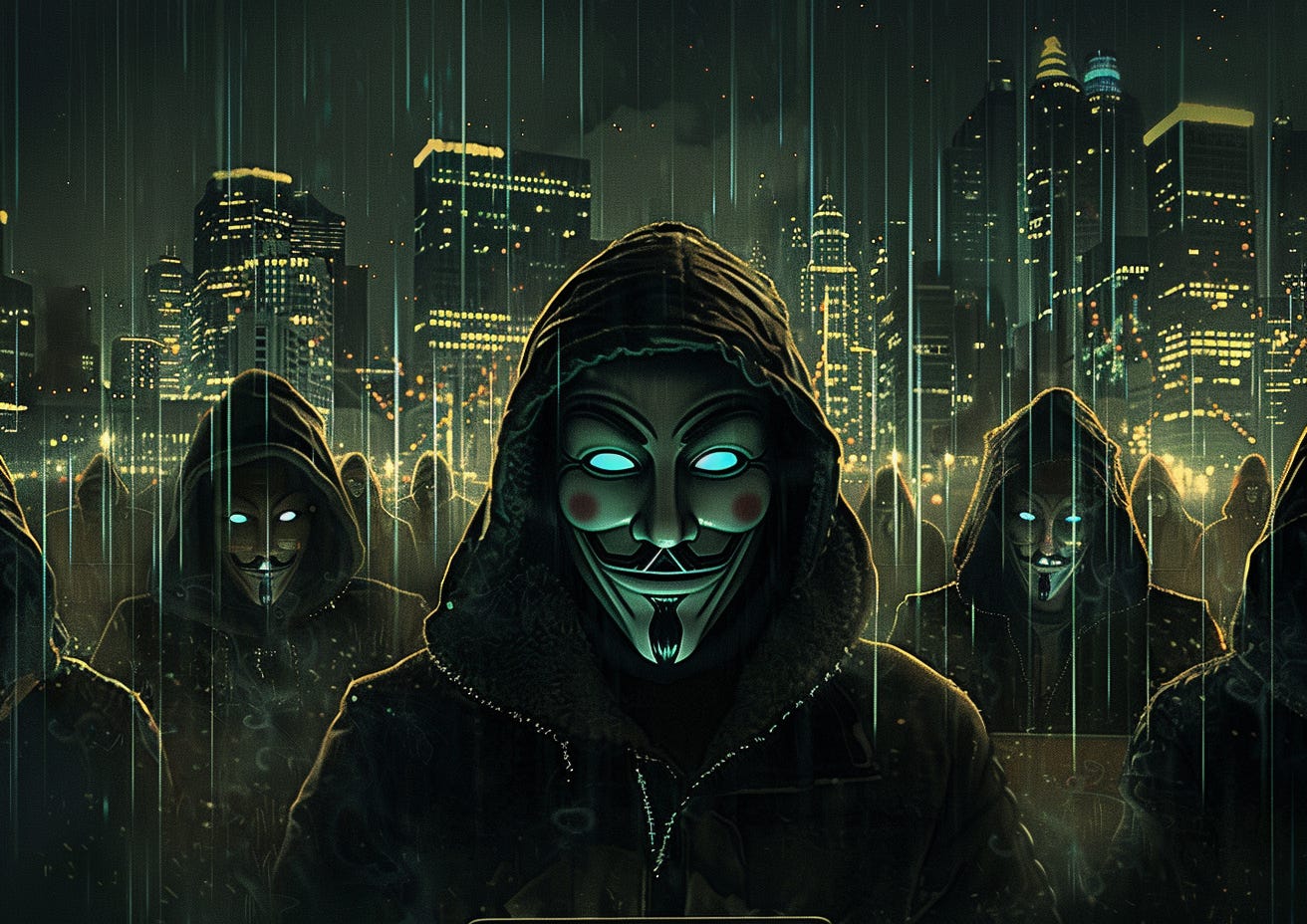A few years ago I wrote a script called Four Murders and Some Funerals, about an old lady who is the victim of a terrible miscarriage of justice. Seeking revenge she murders one of the perpetrators (by accident - long story, but it works), discovers she’s a natural at bumping people off, does away with the other three, and ends up becoming a vigilante serial killer - righting wrongs wherever she finds them and usually where the law has failed. I still think it was a pretty good script, though it never got made - a bit like Miss Marple, only more savage and retributionist.
Anyway, as a result of writing said script, I had to come up with a number of original ways by which an old lady might kill people: I had one person pushed down a lift shaft, another electrocuted in the bath, another shot and another poisoned. This all involved quite a bit of research, especially the various poisons. Should our heroine use cyanide, polonium, fentanyl or botulinum, for example?
For obvious reasons, I wasn’t quite comfortable googling all the questions I had, so I took to Tor, DuckDuckGo and internet anonymity. I’m glad I did because, believe you me, how to murder someone is one heck of an internet rabbit hole to go down. Before long I was reading about hiring Chechen hitmen and lord knows what else.
Obviously, in the grand scheme of things, researching a script about a murderer is a fairly trivial use case for internet anonymity. But I don’t think the day is far away when your internet search history - which Google keeps forever, by the way, unless you take steps to delete it - will be taken into account for things like insurance risk, profiling, social credit score, by potential employers and so on. I don’t think several days researching how to kill someone reflects particularly well.
Of relevance, one of my followers tells me that Justin Trudeau is trying to impose a law whereby police can retroactively search the Internet for ‘hate speech’ violations and arrest offenders, even if the offence occurred before the law existed.
But you don’t have to be asking questions about how to kill someone to want anonymity. You might be living under some extreme theological regime, asking questions like is there a god; or under a totalitarian regime, asking questions about freedom; or under a corrupt and incompetent regime, asking questions about vaccine safety. You get the point. Anonymity protects you. It limits the power that others have over you and the ability they have to control you. It enables you to protect your reputation, and stop things from being used against you, especially out of context. It gives you greater control over your own data and thus your destiny.
But let’s say I did actually want to kill someone, and that I even researched how to do it, before deciding not to. The only crime I would be guilty of is thought. But if my search history can be used against me, it doesn’t matter if, ten years later I have moved on from the murder thing, it’s still there, and if the police or some activist decided to uncover it, I would, in the eyes of many, forever be guilty of murder, even if I had committed no such crime, beyond thinking about it - which, I bet, most of us have at some point in our darkest hours.
For me the most powerful use case is freedom of thought. Being anonymous is liberating. I’m sure that is why masked balls proved so popular. If you know you are being watched, you are less likely to explore new ideas outside the mainstream, ideas which family, friends, colleagues or even society may dislike. These might be philosophical, political or theological ideas, scientific or artistic. We might want to express thoughts we otherwise feel unable to express. A lot of things, if judged from a different time or place, by people who lack complete knowledge or understanding, may seem odd or worse intolerable. Anonymity protects against having to worry about how actions are perceived and against constantly having to justify them.
Anonymity is the nemesis of censorship.
This happened to a comedian friend of mine the other day. I don’t want to say his name, because I don’t want to draw attention to the doxxing. He was posting anonymously on Telegram. Some ideological opponent spent hours following him, going through his material and then exposed his identity, publishing all the stuff he had been saying in order to try and lose him his job. (Which he nearly did: he got suspended but thankfully re-instated).
They did something similar to the tycoon Paul Marshall, who had an anonymous Twitter account.
The most compelling real life example of why we need internet anonymity must be Satoshi Nakamoto. We would not have bitcoin without it. For sure, many will say, “bah, bitcoin”, but we are talking here about one of the most revolutionary technologies ever invented, and one that has the potential (I don’t say it will, I say it has the potential) to fix our broken political and economic systems peacefully. How? Because it enables people to opt out. It provides an alternative money system and money is the zero patient: “Fix the money, fix the world,” runs the mantra. Remove the state’s monopoly on money, you reduce its ability to create money at no cost to itself and you limit its ability to do all the terrible things it does. And please don’t say, “But what about the NHS”.
So I favour internet anonymity, which is a much harder feat to achieve now than it used to be. But I also get that this is not a black and white issue. I’ve no doubt that many a murderous act has been plotted anonymously by terrorists and others looking to kill innocent civilians.
Certain politicians, celebrities and others take an enormous amount of abuse from anonymous accounts: I have heard Ian Wright complain many times about the racist trolling he gets from anonymous accounts, demanding that X, Facebook et al take the trolls to account.
The privilege of anonymity gets abused, and badly.
What is they say, “with freedom comes great responsibility”?
With anonymity, even more so.
Many government ministers will care more about the terrorist plotting and the online abuse (which they probably get more than their fair share of) than they will about the freedom to explore new ideas. And, as I say, the censors hate it because the anonymous are harder to control. So, going forward, we can expect more and more attempts to prevent it.
Seven reasons we need internet anonymity:
Freedom of expression.
Protection of privacy.
Safety and security.
Overcoming barriers to access.
Encouraging innovation and creativity.
Protection against online harassment and abuse.
Preserving autonomy and control.













